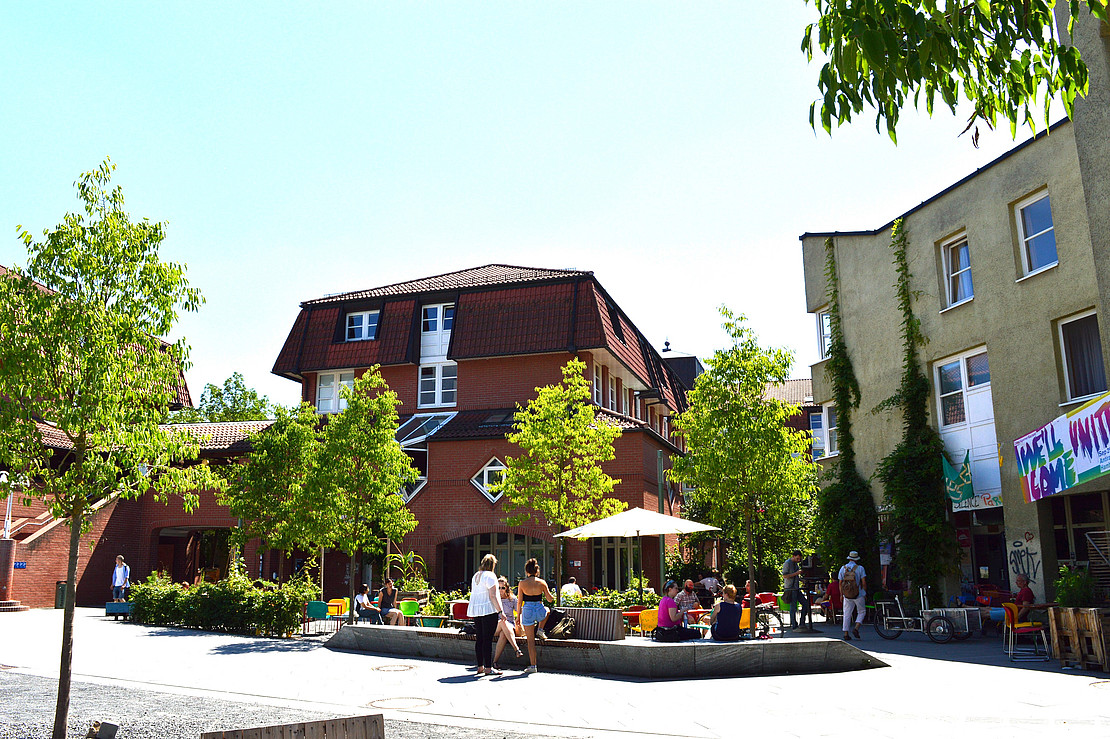Study structure
The content on this page was translated automatically.
In addition to studying in seminars, the Master's in Political Science also includes learning about academic research and professional practice. Students learn qualitative political science methods, building on the knowledge gained in the BA, and then carry out their own research project. The Master's degree not only qualifies students for doctoral studies and academic research, but also for work in political parties, NGOs, administrations, associations and similar organizations as well as in journalism and public relations.
Download
Interdisciplinary options
A wide range of courses can be found, for example, in the English-language MA Global Political Economy & Development (GPED). The course focuses on the globalization of economics, culture and politics. Students have the opportunity to take courses in an international atmosphere. The courses can be viewed in the course catalog.
The same applies to sociology or history - here, too, there is the option of selecting courses, attending them in consultation with the lecturers and having them credited. Module 4 even explicitly provides for students to gain interdisciplinary insights into completely different courses and academic approaches. This can range from critical theory, social law, theory of visual communication to economics.
Stays abroad
Students are also supported in gaining experience abroad during their studies. 30 credit points can be earned by spending a semester abroad at one of the many partner universities and cooperative subject areas. The international network of the University of Kassel is extensive, e.g. through the Global Partnership Network (GPN), the Latin American Center of the University of Kassel - CELA or the Maria Sibylla Merian Center for Advanced Latin American Studies (CALAS).

